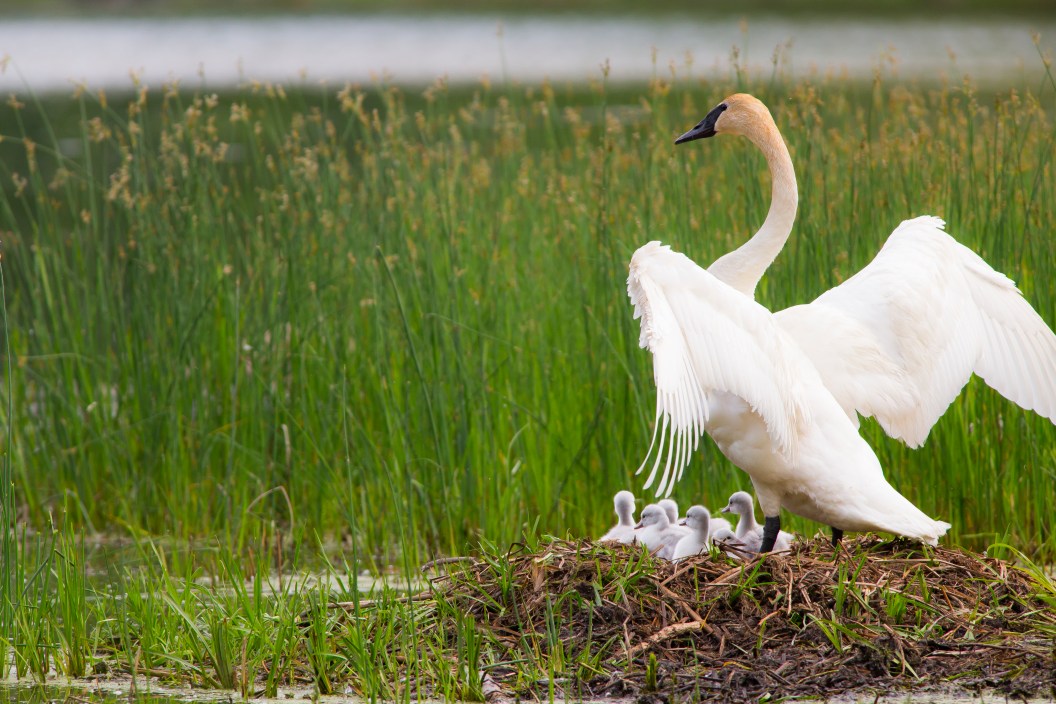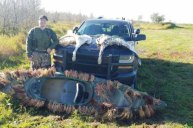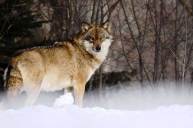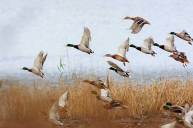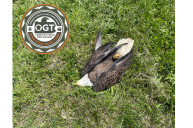US Fish and Wildlife Service (USFWS) is seeking information regarding a case of swan poaching in Minnesota. Over a dozen swans were found dead in Stevens County in west-central Minnesota in December; USFWS says that the killing of the waterfowl happened between December 16 and December 17, 2023.
The agency has provided very little information other than the area and date the birds are killed, and are looking for any tips that could help them identify the poacher.
While USFWS hasn't clarified what species the swans were, they were likely trumpeter swans. While all three species of swans in the US have been seen in Minnesota, mute swans are incredibly rare and tundra swans, which migrate through Minnesota on their route south, are mostly seen from mid-October to mid-November. Trumpeter swans, on the other hand, live in Minnesota year-round.
Trumpeter swans were once widespread throughout the state but were quickly overhunted in the mid-1800s as the state was further settled. By the mid-1900s, the species was extinct in Minnesota, as well as numerous other states. Fewer than 70 trumpeters were known to exist nationwide.
Reintroduction efforts in Minnesota began in 1966; while the trumpeter swans' range and breeding population took a while to pick up steam, they now nest throughout much of Minnesota. However, plenty of threats still exist against trumpeter swans. The Minnesota Department of Natural Resources says that poaching is the second largest threat to trumpeter swans in the state, following lead poisoning. The swan was listed as a threatened species in 1996 and was included on Minnesota's List of Endangered and Threatened Species List in 2013. They are also protected federally by the Migratory Bird Treaty Act of 1918.
People who shoot swans in the state face fines, confiscation of their guns, restitution charges of up to $1,000, and the loss of their hunting license. Anyone with information on the poaching should contact USFW Special Agent Andrew Daiber at [email protected].
READ MORE: The Worst Poaching Cases of 2023
